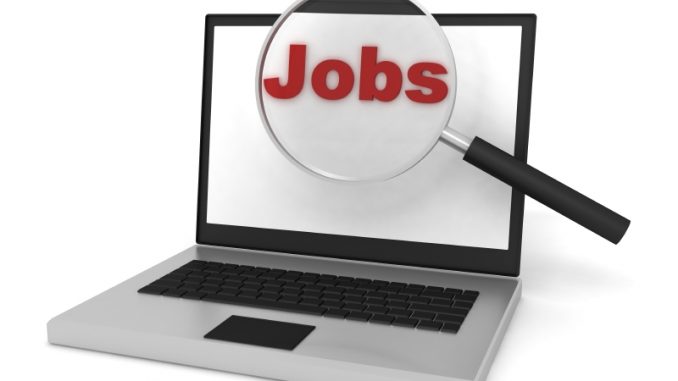
The unemployed have to spend up to 35 hours a week on online applications or risk losing their benefits. When you do not have and cannot afford a computer, this is quite a task. Gradually the government is moving more and more services online.
The Guardian reports one mans experience. They write:

BYPASS THE CENSORS
Sign up to get unfiltered news delivered straight to your inbox.
You can unsubscribe any time. By subscribing you agree to our Terms of Use
Latest Video
In a modern-day version of the old casual labour scrum outside the local docks, Nick East scrambles for a free computer screen when the doors of Newcastle’s city centre library open.
The fourth floor computer room of the glass-fronted library is stocked with 40 terminals, plus a handful of iMacs. Even so, it’s almost always packed, with people waiting for a computer to become free for a designated two-hour slot.
“You have to get there very early or all the screens will be gone and you have to hang around,” said the 24-year-old, who has been unemployed for 18 months. “And you can’t afford a city centre coffee [while waiting], so you just walk about the streets.”
East’s need for computer time has nothing to with catching up with friends on social media, online shopping or video downloads. He must apply for 24 jobs a week – with applications taking up to an hour each – on the government’s digital jobcentre looking for work, or lose his benefits. When you don’t own a computer, this is no mean feat – as East has found out.
In an increasingly digital society, large swaths of the population – lacking computers, broadband, email addresses or even phones that function without regular cash top-ups – are discovering harsh consequences to being unconnected. About one fifth of households have no internet access, according to most figures, including those of the Government Digital Service, although the Office for National Statistics put the figure at 16%. At any one time, there are an estimated 10m pay-as-you-go phones without the credit needed to make calls or pick up voicemail messages.
“The primary reason people don’t have broadband is cost,” said Oliver Johnson, CEO of broadband analysts Point Topic. “It’s still expensive to buy all the kit you need, let alone the monthly subscription. Ironically, the cheapest rail fares and the cheapest goods are online – meaning poorer people suffer twice over.”
Meanwhile, the government is moving more and more services online. Significantly, universal credit, a benefit which will replace six means-tested allowances and tax credits, will be a digital-only service. Claimants are expected to apply online, manage any subsequent changes online, and contact between the government and the claimant will be made online.


